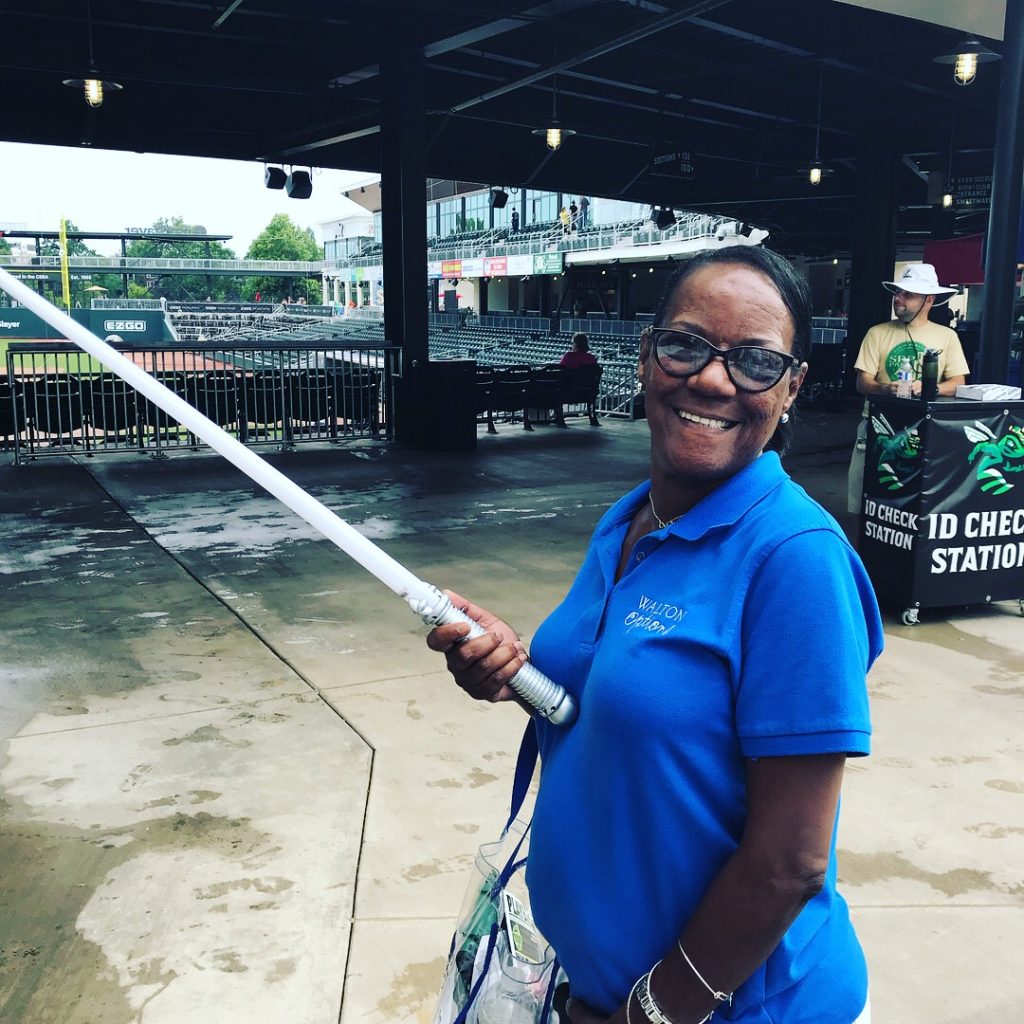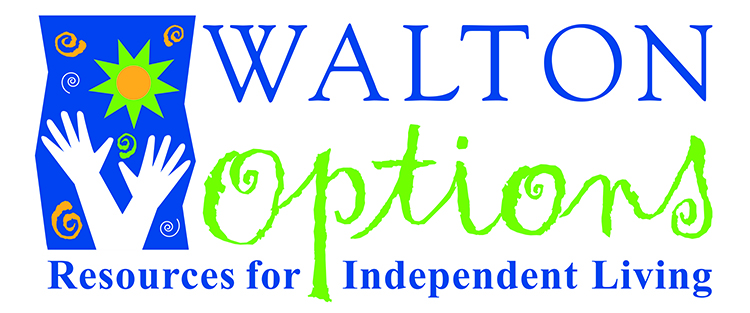Choosing Her Own Path: How Nursing Home Abuse Shaped Viola Wilson’s Future

In 2011, Viola and her partner traveled through Florida to fulfill a job for their small business.
What started as a regular day would soon take a turn when their car was hit, taking her partner’s life and leaving Viola with life-threatening injuries. Viola needed immediate attention, with injuries so severe, and was rushed to a Florida hospital to go under surgery.
Viola endured a broken arm —which a rod would be placed into—both her right leg and hand were immobile, her ankle and foot had to be reconstructed, and she was unable to speak. After a while, Viola would be moved to a facility to rehabilitate to regain some strength. Still, with her limited abilities, she was transferred to a rehab center in Florida. Where it seemed like things could only go up, they, unfortunately, took a forward spiral downward.
For three months, Viola stayed in this facility in Florida, where she had no family or friends. She could not move and only ever left her bed to go to her doctor’s appointments. “I was stressed and depressed,” Viola recounts. Viola’s time at the nursing home was meant to act as a space for her to heal and receive rehab. However, she would not receive the proper care. Though Viola could not speak well, she could write her needs down for staff and had a phone to communicate with her daughters, who were home in Augusta.
During Viola’s stay in the nursing home facility, routine upkeep was hard to get. Viola recalls a period where she did not receive a bath for weeks. She had to beg and plead for a bath, and in need of one, she asked a gentleman whom she didn’t know or had ever seen before.
“It was not a pleasant experience.”

Viola’s daughters would call the facility, even using different numbers to have their calls answered. They would call to inquire about Viola’s stay and condition and were consistently met with little information and lies. Viola’s doctors would even have to call the facility after her appointments, notifying them of their poor care for Viola since she wasn’t healing.
“[The doctor] thought I was home and leaving my cast off. I had to tell him that it was the nurse.”
Whenever Viola would be able to tell her daughters, doctors, or her nurse’s superiors of the facility’s lack of care, they would retaliate. Nurses would get an attitude when she asked for a bedpan or grab chunks of her skin, jabbing her with a needle to administer her shots. Some of the nurses would go as far as transferring Viola’s calls to the phone on the opposite side of her room, forcing Viola to lie there. In her bed. Listening to it ring and unable to pick up the line. Because Viola showed no signs of improvement, her insurance company threatened to stop paying for her stay. Though it prompted action from staff, the therapy was still limited and unsuccessful. Viola would later learn that a social worker would take her information and apply for disability without Viola’s approval or knowledge.
These are just a few examples of what Viola endured during her stay in Florida’s nursing home facility. She managed to recall two nurses who did take to her. Still, they were reprimanded by their managers, and Viola would be moved from their assignments. However, Viola wasn’t the only one who was incredibly mistreated. One night, while being unable to sleep, she saw a nurse go into a worked up patient’s room. Instead of calming him and helping him back into bed, the nurse strapped the man down to a chair and left him outside of his room all night and into the morning.
Unfortunately, this is not the only case of abuse by nursing homes. According to the National Association of Nursing Home Attorneys, an estimated 5 million patients are abused each year. Only about 20% of those cases get reported. Additionally, NAHN recognizes the main factor of nursing home abuse is caused by the fact that 90% of nursing homes a severely understaffed, with nurses averaging between 15-30 patients each. However, frustrations due to a nurse’s schedule are not appropriate or justifiable to abuse those within care facilities.
Abuse in nursing homes is far too common. Thankfully, Viola was able to be transferred from her care facility in Florida to Augusta. There, Viola received the proper care she needed and began the journey to her healing almost immediately. Viola knew from her experience that she wanted to find a way to help people who were in the same situation as her.
Viola knows that she would not have made it through those long days in Florida without her faith and her family’s determination. She remembers crying for days on end, but her family’s care packages and reading her bible kept her in good spirits to keep fighting.
“I don’t sympathize. I empathize.”

Viola prayed a prayer may years ago, asking her higher power to grant her the opportunity to help people in the same situation. For a long time, she did not think that she would have a chance. So after finally getting out a rehab, Viola was on a mission to get her life back. While searching for employment, a woman introduced Viola to Walton Options. Five years later, Viola has successfully fulfilled her wish to help those with disabilities find the resources they need.
Viola would like you to remember a few things for those in nursing homes or those who have loved ones in nursing homes. “Please do not leave your family members at a facility if you don’t have to. Research the facility and watch how they treat patients in the dining hall because if they treat patients poorly in public, what they do behind closed doors is amplified.” Viola also suggests researching the administration who runs nursing homes. All of the leaders within administration resumes should be listed online.
Viola also wants people to remember that they do have choices. The care facility in which Viola stayed in Florida continuously gave her, and her family, the runaround. They would state that she was not in good enough condition to be transported, but this was never true. Though the journey would have been difficult, Viola could have been transported anywhere. Unfortunately, she did not know this.
People do have rights when it comes to how they choose to be cared for.
“Nursing homes have as much say-so as you let them have. The allowance comes from you not educating yourself.”
Some advice Viola has for families with loved ones in nursing homes, “Keep some form of communication outside of what the facility provides. Those in nursing homes need to have advocates. When facilities know that people will come, they will be on their best behavior.” She also suggests not leaving your loved one in a nursing home if you cannot see them or communicate with them. And when you can see them, listen to them and pay attention to how they look and how they act.
“Make nursing homes your last option.”
Viola does not sympathize with our consumers; she empathizes. She is one of the best advocates our consumers can have, knowing what they are going through firsthand and refusing to stop fighting for them. Even when she doesn’t have the answers they need, she will search high and low until she finds them. That is an advocate. She is an advocate. She hears the concerns of others and acts as a voice for the unheard. Viola is “proud to work for Walton Options” because all those years ago, Walton gave her freedom back. And we are very grateful to have her.

